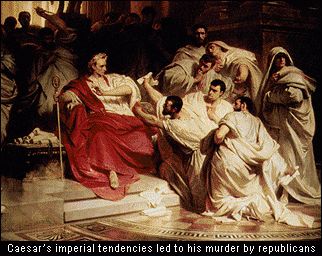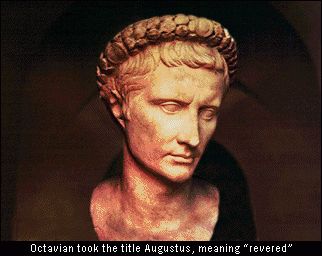Twelve tablets of bronze or wood setting out the laws for the first time are being displayed in the Forum, ending years of injustice to the plebeians classes in Rome . Until now the law has remained the preserve of the patricians, unwritten, transmitted in speech only, and passed down through generations of pontiffs and magistrates.

Ignorance of the law, claim plebeians leaders, has led to the poor being enslaved for debt and being deprived of any say in government. Nonetheless, plebeians can still be sold for slavery if a debt is not paid within 60 days.
In the 4th century BC the leaders of the Roman Republic created a magistrate's office, known as the praetorship, to hear cases involving civil (as opposed to criminal) matters. The sources of law applied by the praetors included the Twelve Tables, resolutions of the Roman Senate, edicts (proclamations) of the praetors, and, after Augustus (Octavian) declared himself emperor in the 1st century BC, pronouncements of the emperor.



Originally ten tablets of laws were inscribed; two more tablets were added the following year. The tablets were destroyed in the sack of Rome by the Gauls in 390BC, but a number of the laws are known through references in later Latin literature. The Twelve Tables covered all categories of the law and also included specific penalties for various infractions. [Back to History]

